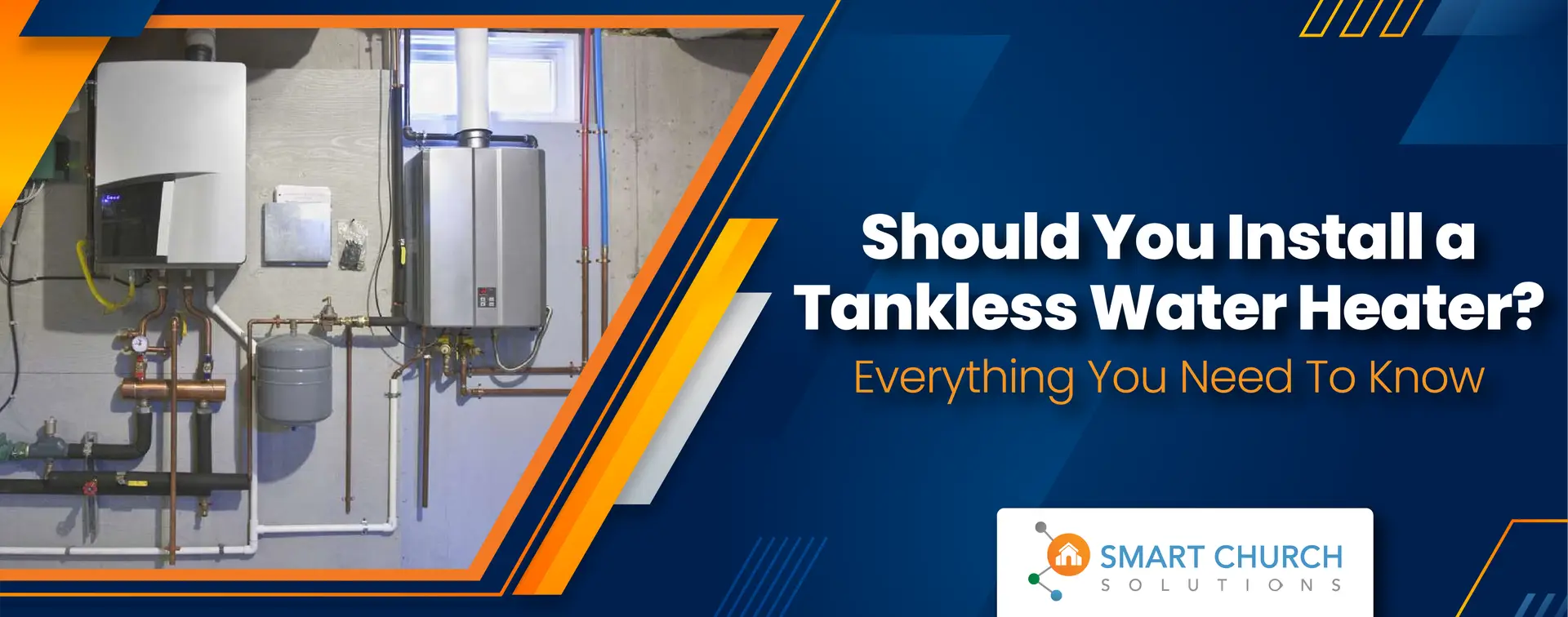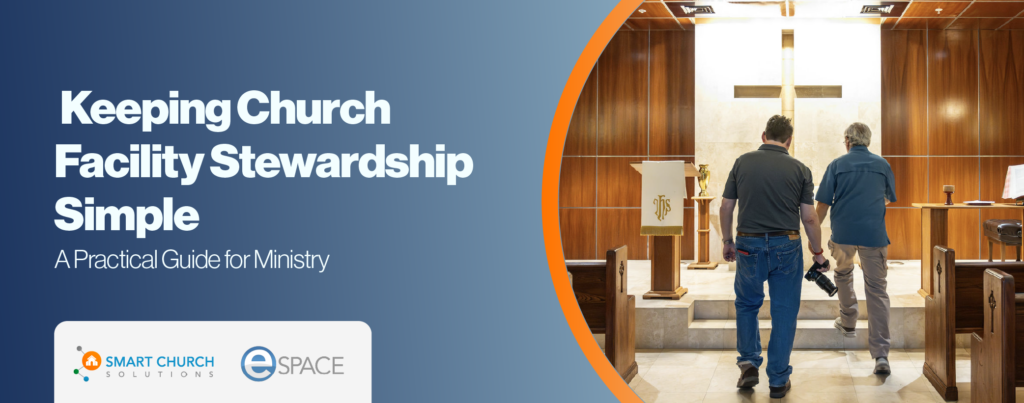Water heaters are essential for churches, especially those with daycares, kitchens, or other facilities requiring a steady hot water supply. The debate between traditional water heaters and modern tankless systems is ongoing, but the shift towards tankless can offer significant advantages for the right situations.
Understanding Water Heater Options
Gas vs. Electric Water Heaters
Choosing between gas and electric water heaters involves several factors beyond just efficiency. Gas water heaters typically offer lower operational costs due to the lower cost of natural gas compared to electricity in many areas. They also heat water faster, making them suitable for churches with high hot water demands. However, they require venting to the outside, which can complicate installation.
On the other hand, electric water heaters are easier to install and maintain, with no need for venting. They’re ideal for locations where gas is not readily available or for churches prioritizing ease of installation and maintenance. While electric heaters may have higher operational costs, technological advancements are improving their efficiency and cost-effectiveness, making them a viable option for many churches.
The Maintenance Factor
Regular maintenance is the key to extending the lifespan of any water heater and ensuring it runs efficiently. For gas water heaters, this includes checking the venting system for blockages, monitoring the pilot light, and inspecting the thermostat and burner for proper operation. It’s also essential to periodically drain the tank to remove sediment that can build up and reduce the heater’s efficiency.
Electric water heaters require less maintenance but aren’t maintenance-free. The anode rod, which protects the tank from corrosion, should be checked annually and replaced when significantly worn. Flushing the tank to remove sediment is also necessary, although less frequently than with gas models. Additionally, checking the heating elements and thermostats for proper function can prevent common issues.
Both types of heaters benefit from a regular maintenance schedule, which can identify potential problems before they lead to more significant issues or failures. Implementing a proactive maintenance program can save your church money in the long run by avoiding the cost of emergency repairs and premature replacement of the water heater.
The Case for Tankless Water Heaters
Space and Efficiency
Tankless water heaters, known for their compact size, offer a modern solution for churches looking to maximize space and energy efficiency. Unlike traditional models that continuously heat a large tank of water, tankless systems provide hot water on demand, leading to potential savings on energy bills.
Sizing and Capacity
When switching to a tankless system, it’s vital to assess your church’s hot water needs accurately. This ensures the new system can handle the demand, especially during peak times. For facilities with significant requirements, like those with daycares or extensive kitchen use, choosing a model with slightly more capacity than needed can provide a buffer for high-demand periods.
Installation Considerations
Switching to a tankless system may require modifications to your building’s plumbing and ventilation systems, especially for commercial-grade units. However, the long-term benefits, including freed-up space and reduced operational costs, can outweigh these initial challenges.
Plan your upgrade like a pro. Avoid costly surprises when upgrading to a tankless water system. Our free Periodic Site Assessment checklist helps you perform a thorough “walkabout” of your facility—covering HVAC, plumbing, electrical, and more. Download a free copy here.
Practical Insights and Alternatives
Tailoring Solutions to Specific Needs
Not every situation warrants a whole-building tankless solution. For example, installing under-counter units in restrooms or kitchens can provide hot water right where it’s needed without the expense and complexity of a centralized system.
Commercial-Grade Necessity
It’s crucial to choose commercial-grade water heaters — whether tankless or traditional — for church settings. These units are designed to meet the higher demand and quicker recovery times required in commercial environments, unlike residential models that might struggle under the load.
Regulatory and Cost Considerations
Moving to a tankless system can also reduce regulatory burdens, such as state inspections required for traditional tank water heaters. Plus, the operational savings from only heating water as needed can significantly impact your church’s budget.
Leveraging eSPACE for Efficient Hot Water Management
Embracing Digital Solutions for Facility Management
In the realm of smart facility management, leveraging technology like eSPACE becomes invaluable for churches navigating the complexities of hot water system upgrades or replacements. eSPACE offers a comprehensive suite of tools designed to streamline facility management, making it an essential asset for churches considering the shift to tankless water heaters or optimizing their current hot water systems.
Considering a tankless water heater? Let eSPACE simplify planning, tracking, and maintenance from start to finish. Book a free call here.
Analyzing Usage and Planning Improvements
One of the key features of eSPACE is its ability to provide detailed analytics on facility usage. This data can be instrumental in determining the actual hot water needs of your church, allowing for more informed decision-making when considering tankless water heaters. By analyzing patterns of use, churches can identify peak hot water demand times and plan system capacities accordingly.
Simplifying Facility Upgrades
eSPACE also simplifies the process of planning and implementing facility upgrades. Whether you’re transitioning to a tankless water heater system or installing localized insta-hot units, eSPACE can help manage project timelines, coordinate with contractors, and ensure that all aspects of the upgrade comply with your church’s operational schedule and budget constraints.
Enhancing Long-Term Facility Management
Beyond immediate upgrades, eSPACE supports long-term facility management strategies. Its digital platform allows churches to document the installation and maintenance of new hot water systems, schedule regular maintenance checks, and track energy consumption over time. This ongoing management capability can lead to significant cost savings and operational efficiencies, highlighting the ROI of switching to more efficient hot water solutions.
Conclusion: Is Tankless Right for Your Church?
Deciding to install a tankless water heater in your church involves considering your current and future hot water needs, the physical capabilities of your facility, and your budget. For many churches, the switch to tankless offers a smart, efficient solution that saves space, reduces energy consumption, and ultimately cuts costs. However, it’s essential to assess the specific requirements and limitations of your facility before making a decision.
By understanding the unique benefits and challenges of tankless water heaters, your church can make an informed choice that supports your mission while managing resources wisely.








